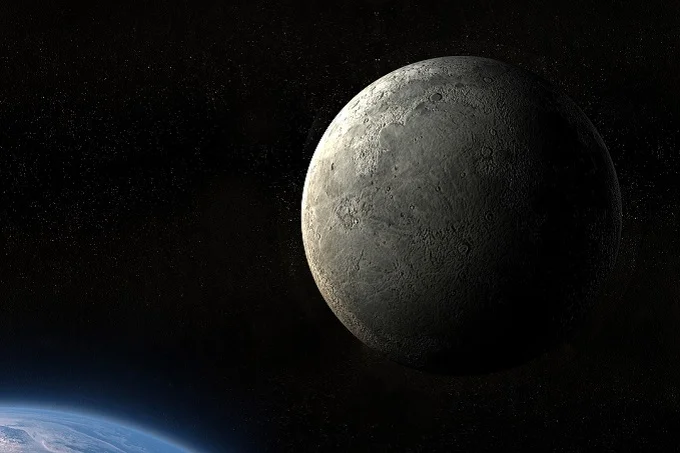The Bible has these words: “With the Lord, one day is like a thousand years, and a thousand years are like one day.” It turns out that the inhabitants of the Celestial Empire have a very similar expression: “One day in heaven is equal to a thousand years on Earth.” Scientists said that these words are far from fiction.
If you look at our world through the prism of astronomical concepts, then everything falls into place. The Earth rotates around its axis in 1 day, and around our star in 1 year. Jupiter orbits the Sun in 11.86 years, and if a person lives on Jupiter for 1 year, then almost 12 years will fly by on Earth. If a person decides to live on Neptune for 1 year, then 165 years will pass on Earth.
Making such calculations, the question involuntarily arises: is there such a planet outside our galaxy on which 1 day would be equal to a thousand Earth years?
Researchers have determined that the Sun will make a complete revolution around the center of the Milky Way in 200 million years. The galaxy itself completes its revolution in 1 billion years.
A team of scientists led by Australian astrophysicist Gerhardt Meurer found that all galaxies in the universe make one complete revolution in about one billion years. It does not matter what the size of the galaxy – small or large, it all comes down to one billion years.
Scientists believe that time is relative, and outside of our space, it ceases to exist altogether. According to Einstein’s theory of relativity, the basic structure of the universe is based on time and space.
Clocks in progressive motion will slow down. If you start moving faster than the speed of light, then the passage of time will eventually stop. For example, for passengers flying on a starship at the speed of light, one instant will be equal to one thousand Earth years.
Thus, scientists have proved that the ancient saying “one day in heaven is equal to thousands of years on earth” is not fiction but reality.
